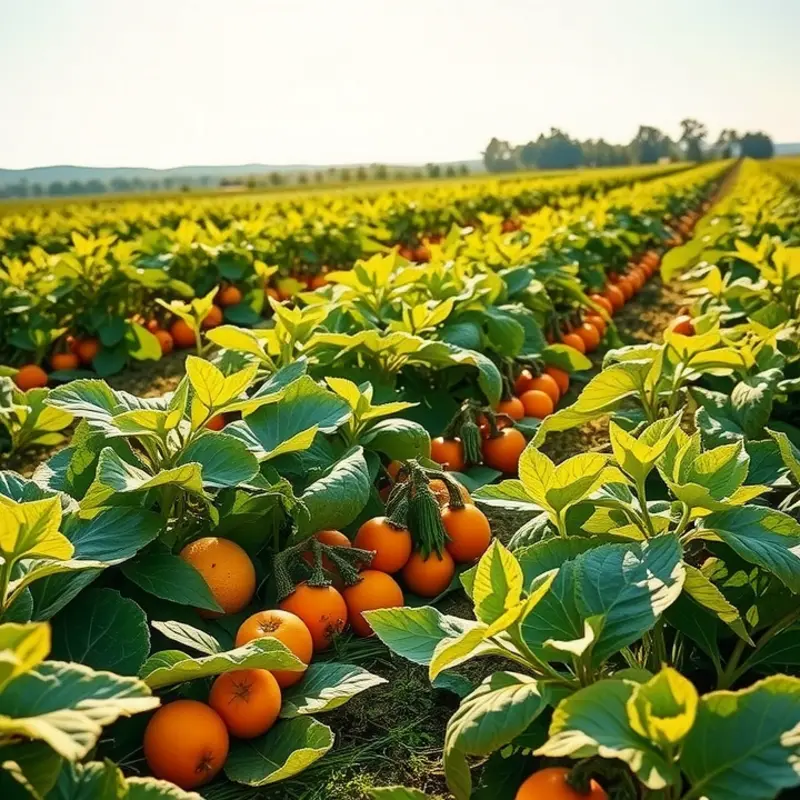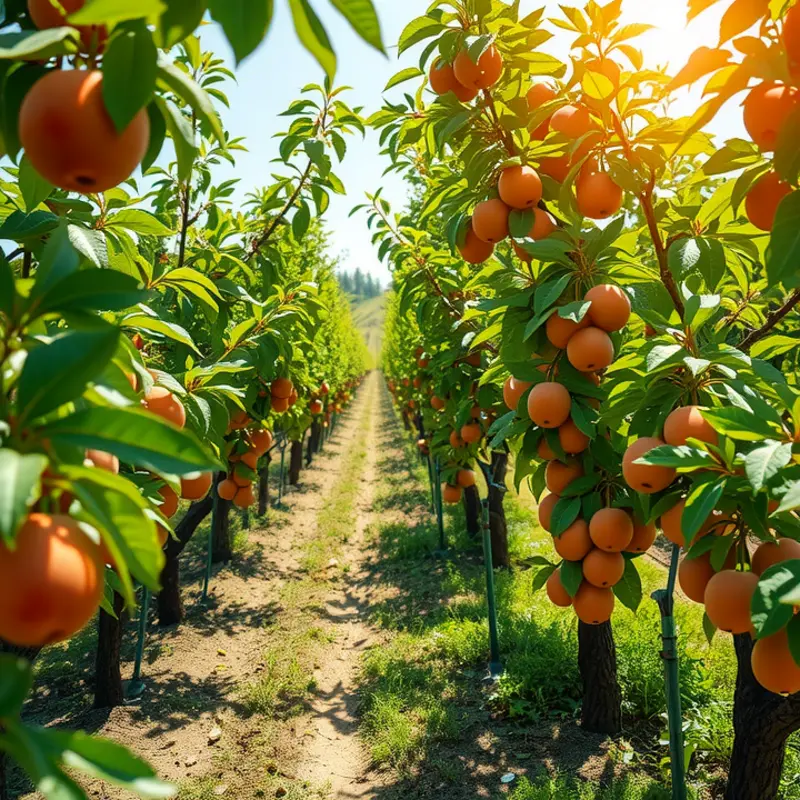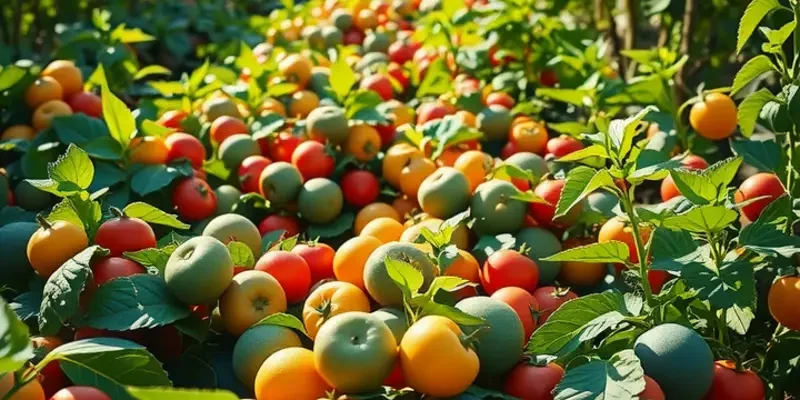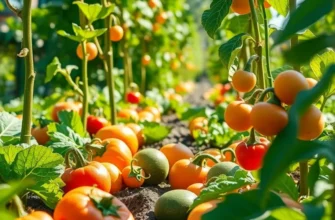Food is more than sustenance; it’s a medium of connection and kindness woven into the fabric of cultures worldwide. Every cuisine has its rituals, and the gifts exchanged can speak volumes of love, celebration, and hospitality. From the sweet treats of holidays to harvested bounty shared among neighbors, food gifting customs reflect the heart and history of each locale. This exploration offers a glimpse into some delightful traditions where culinary gifts play a pivotal role in creating and nurturing bonds.
Global Delights: Traditional Food Gifting Customs

In France, the act of gifting food is as sophisticated as its culinary history. When invited to a French home, guests might bring a carefully selected box of chocolates or a bottle of wine. These gifts reflect the French appreciation for quality and their preference for indulging the senses.
In India, gifting sweets during festivals is a way to promote goodwill and prosperity. Sweets such as ladoos or halwa are exchanged during Diwali, a festival of lights symbolizing the triumph of light over darkness. These sweet treats are often homemade, showcasing the skill and devotion of the host.
Moving to Japan, food gift-giving takes on an artful form. During occasions like Omotenashi, the Japanese showcase their hospitality and gratitude through the presentation of beautifully packaged wagashi—traditional Japanese sweets. The selection of gifts and their presentation reflect deep cultural respect and mindfulness for the recipient.
In Italy, food gifting is synonymous with love and care. A popular tradition involves neighbors exchanging homemade pasta or pastries during Christmas. These exchanges foster a sense of community and solidarity, emphasizing the warmth of familial connections.
In the Middle East, the exchange of dates plays a significant role during Ramadan. Offering dates to break the fast is not just a gesture of hospitality but also one steeped in religious and cultural significance. This tradition underscores the deep-rooted practices of sharing and communal gatherings.
The act of gifting food is particularly prominent during harvest seasons. In many cultures, harvest festivals are occasions to share bounties with friends and family, reinforcing communal ties. In North America, sharing a meal during Thanksgiving exemplifies this spirit, where food serves as a bridge connecting diverse backgrounds and histories.
Such traditions emphasize the importance of food in personal and community relationships. They highlight the nurturing nature of sharing a meal or treat, creating bonds that transcend cultural and language barriers.
These global traditions reveal a common language where food acts as a medium of connection and expression. Whether through the refinement of a handcrafted gift or the simplicity of a shared meal, the message remains the same—food is a gift of love and respect.
For more insights on how culinary practices influence culture, explore culinary influences on trade.
The Gift of Taste: Unique Culinary Gifts from Around the World

Food has long been a way for people to connect during celebrations, expressing joy and gratitude through taste. Around the world, culinary gifts hold unique places in cultural traditions, each with its flavorful story.
In India, the festival of Diwali sees communities exchanging homemade sweets known as ‘mithai.’ These often include small, delightfully spiced cookies. The preparation and sharing of mithai are as significant as the festival itself, symbolizing prosperity and the triumph of light over darkness.
Moving to the Middle East, the celebration of Eid involves sharing aromatic herbs and spices. These are more than just ingredients; they’re tokens of hospitality and embodiment of the rich culinary tapestry of the region. Dishes rich with saffron, cardamom, and cumin grace tables, each bite reminding diners of a shared heritage and communal bonds.
In Japan, the practice of giving ‘wagashi’—beautifully crafted sweets made from rice and bean paste—during ceremonial occasions like tea ceremonies highlights attention to detail and the artistry of Japanese confectionery. Wagashi are often shaped like seasonal flowers or symbolic objects, further embedding them within the cultural narrative.
As globalization influences these traditions, modern twists emerge, reflecting evolving tastes while honoring origins. In today’s globalized food scene, fusion trends like chai-infused chocolate or curry-spiced cookies weave new threads into existing traditions. These innovations invite us to explore different flavors while respecting the origins of the customs.
To exemplify how these traditions meet modern needs, consider the growing trend of sustainable food gifting, where the choice of organic and locally sourced ingredients honors both the environment and local producers. This practice supports community economies and provides a thoughtful layer to the gifting process, offering an eco-conscious alternative that aligns with global movements toward sustainable living.
The art of achieving these delicate balances between heritage and innovation is a testament to the enduring power of food. Culinary gifts have the unique ability to transcend ordinary exchanges, often carrying a piece of heritage lovingly embedded in each bite. For more insights into how culinary practices are influenced by global factors, refer to this exploration of global pastry traditions, which similarly unites traditional roots with modern influences.
Whether it’s the time-honored practice of preparing traditional recipes or introducing a modern spin to beloved treats, culinary gifts remain a cherished symbol of our shared humanity, bridging the gap between past and future generations with a delicious thread.
Final words
From sweet treats to savory delights, food gifting is a cherished practice that transcends boundaries, allowing us to share love, respect, and camaraderie through culinary connections. The customs may vary dramatically across cultures, yet the underlying essence of promoting bonds remains constant. As we embrace these traditions, we celebrate not just the ingredients, but the stories and relationships that flavor our lives. Whether you’re participating in local customs or exploring international practices, the act of giving food is a beautiful expression of goodwill that nurtures both the giver and receiver alike.








